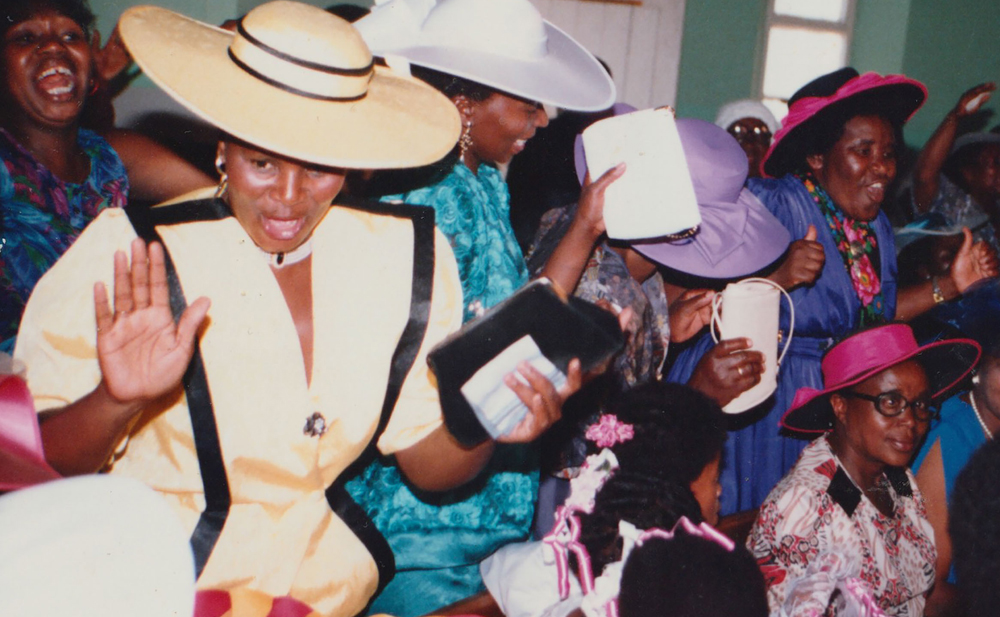“I have to be careful about how I remember my memories,” Milisuthando Bongela says in the film that bears her name, though it is comprised of scraps of collective memory as much as her own. She was a child when her family lived in Transkei, a rare predominantly Black region in South Africa that embraced the implementation of apartheid by declaring itself an independent republic. Growing up largely unconscious of race when it was rarely pointed out, Bongela was in for a rude awakening when most across the continent were celebrating Nelson Mandela’s release from prison and eventual presidency that set the path towards formal desegregation, an event that her grandmother Makhulu still shakes her head at now, lamenting the comfortable life the family was able to build for itself free of judgment even if so many others were punished by discrimination.
With editor and cinematographer Hankyeol Lee, Bongela magnificently reconstructs her own consciousness of these events as a puzzle that is likely to always have a missing piece yet the jagged edges fit in unexpected ways, blending the past and present and her personal archives against the full sweep of South African history. Simply seeing the portrayal of Black women and their white counterparts in documentary footage from the late 1940s when apartheid was introduced speaks volumes when the former could be seen wearing little more than grass skirts projecting an image of wild savages to the world while the latter were afforded far more modesty and elegance, an idealization of beauty that would Bongela knew to question upon reentering a mixed society but pressured to live up to.
Being generally skeptical of the standards held up by the world outside of Transkei would be disorienting for Bongela upon reaching her teen years in East London, but she speaks to it with startling clarity now, offering up a tender and poetic voiceover that makes sense of the dichotomies rich with detail, for instance finding pleasure in the ease of saying her classmates’ names like Kate and Donna is mixed with the recognition that she never had trouble saying the longer, more complicated names of the kids she grew up with in South Africa when she never saw it as a burden to learn.
This particular reflection may be a hint as to why a premium is placed in “Milusuthando” to come across as smoothly as it does in spite of its wrenching subject matter, both gently propulsive and often dazzling in its visual juxtapositions, leaving large swaths of footage to speak for itself. Bongela is able to even embrace the limitations of what she was able to capture herself when the image of difficult conversations she engages in with the white friends she made later on in life will often cut out, riveting even when all they leave is subtitles of the conversation and a seeming acknowledgement of entering places that no one can know their way out of when her friends confront how they’ve been impacted by racism in their lives or connected to it. When such exchanges often add up to an echo chamber in films not fit to handle their size and scope, the intimacy of Bongela’s voice cuts through the noise.
“Milisuthando” will screen at the Sundance Film Festival on January 22nd at 11:55 am at the Broadway Centre Cinemas in Salt Lake City, January 24th at the Egyptian Theatre on January 24th at 11:15 am in Park City, January 26th at 3:25 pm at the Redstone Cinemas in Park City, and January 27th at 2:45 pm at the Sundance Mountain Resort Screening Room. It will be available virtually from January 24th through 29th.




